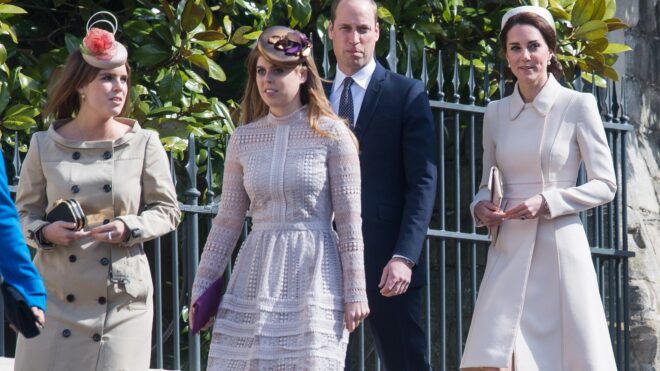
Emma Heming Willis has made it her mission to speak up about frontotemporal dementia (FTD), raise awareness, and show other families that they’re not alone. But she didn’t have the strength or resources to do so at first. When Emma first learned of her husband Bruce Willis’ FTD diagnosis, she felt like medical professionals simply sent her away with “no support,” she explained during a recent interview with People.
This meant she had to look elsewhere and find her own resources. In the beginning, it felt extremely isolating, like she was totally alone in what she was dealing with.
Emma described the ‘traumatic’ way she learned about Bruce’s diagnosis.
In 2022, Bruce’s family announced that he had been diagnosed with aphasia. Then in February 2023, they shared that Bruce’s condition had “progressed,” resulting in a “more specific diagnosis” of FTD. During her interview with People, Emma said the neurologist who informed the family about this diagnosis probably explained FTD in more detail to her, but she only heard, “Check back in and here’s a pamphlet.”
“I had pins and needles going through my body,” she recalled. “My ears were wafting.” In their 2023 statement, the family described having a specific diagnosis as a “relief.” At the same time, though, the way they learned of this diagnosis was “really traumatic.”
“I was grateful to get to a diagnosis, but there is no cure for this disease, and being sent on our way with no support, no nothing was really traumatic,” she told People. “It’s not just happening to us. This is how many people are receiving their diagnosis.”
During an interview with ABC News’ Diane Sawyer on the ABC special Emma & Bruce Willis: The Unexpected Journey, Emma described feeling totally “panicked” after that. “To leave there with nothing, just nothing, with a diagnosis I couldn’t pronounce, I couldn’t understand what it was,” she said.
At the time, it felt like no one else was dealing with the same thing.
Although Emma understands that many families have had similar experiences, in the days that followed the diagnosis, she felt alone and scared. She didn’t know what to do initially, and didn’t know how to talk about it either. “Early on I was too scared to say anything to anyone,” she told People. “It felt like what was happening was only happening to us.”
Obviously, that has changed, as Emma now regularly speaks up about caregiving and FTD on social media and wrote the book The Unexpected Journey: Finding Strength, Hope, and Yourself on the Caregiving Path, which comes out on September 9. She hopes that the book can be a valuable resource for families like hers, especially in the early stages of diagnosis.
Before receiving the diagnosis, Emma thought she and Bruce were dealing with marital problems.
She told People that when Bruce first started exhibiting symptoms, she didn’t recognize his behavioral changes as symptoms of a disease. Instead, she thought they were dealing with marriage issues. “Conversations weren’t really aligning anymore, and our relationship started to shift. It was hard to put my finger on why and what was happening,” she explained. “I thought it was something I was doing in our marriage that was not working anymore.”
Though learning that Bruce had FTD was traumatic, Emma also “softened” afterward. “There was relief in understanding, ‘Oh, okay, this wasn’t my husband, it was that this disease was taking parts of his brain,'” she said.




